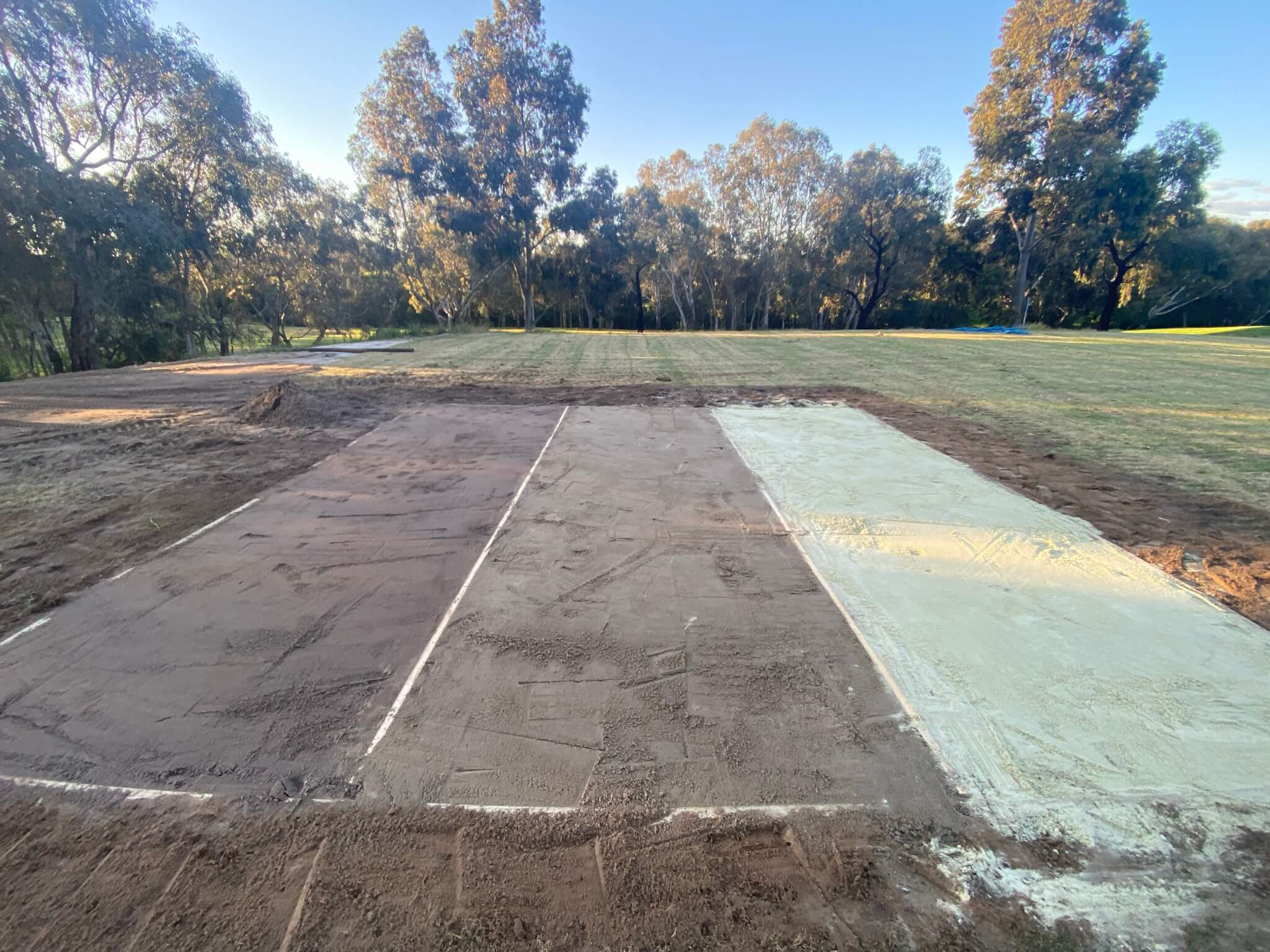At SPORTENG, we believe in a harmonious blend of science, engineering, and sports. But what does that mean? Let’s break down what sports engineering is, how it connects to civil engineering, and why it’s so important in designing and constructing sports facilities.
What is Sport Engineering?
Sports engineering is a specialised area of engineering that concentrates on the design, construction, and optimisation of sports facilities and equipment. It pulls from various engineering disciplines—like civil, mechanical, materials, and environmental engineering—to enhance sports environments' performance, safety, and sustainability.
In simple terms, sports engineering involves applying engineering principles to solve problems unique to sports. This might include designing a football field that reduces the risk of injuries, creating durable turf systems that can handle all kinds of weather, or designing stadiums that can answer multiple purposes (sports games or music concerts). The goal is to design sports facilities that are functional, safe, and optimised for the best possible experience.
The Connection Between Sport Engineering and Civil Engineering
Sports engineering is closely related to civil engineering, which deals with planning, designing, constructing, and maintaining infrastructure projects. When it comes to sports, civil engineering covers the basics—like ensuring the structural integrity of a stadium or field, assessing soil conditions, and designing proper drainage systems.
Sports engineering takes this foundation and adds another layer, focusing specifically on the needs of sports environments. For example, it considers factors like how a playing surface affects an athlete’s performance and safety or how to design a field that drains quickly after rain. Essentially, sports engineering builds on civil engineering principles to create spaces tailored for sports.
Why is Sports Engineering Important in Sports Field Design and Construction?
Incorporating sports engineering into sports field design and construction is crucial for several reasons:
Player performance and safety
A key focus of sports engineering is creating environments that help athletes perform at their best while minimising the risk of injury. Engineers can design fields that enhance performance and safety by considering factors like surface traction, shock absorption, and turf consistency.
Sustainability
With environmental concerns on the rise, sports engineering also prioritises sustainability. This includes using environmentally friendly materials, designing efficient water management systems, and creating fields that reduce energy use. Sustainable design helps ensure that sports facilities positively impact the environment.

Check our research on using recycled glass sand as a profile medium.
Durability
Well-engineered sports fields are built to last, reducing the need for frequent maintenance and repairs. By using advanced materials and construction techniques, sports engineering helps create fields that can withstand heavy use and harsh weather conditions.
Why SPORTENG?
Our name, SPORTENG, reflects our focus on sports engineering—combining a love for sports with engineering expertise. We’re committed to designing sports facilities prioritising performance, safety, sustainability, and fan experience.
By understanding the specific needs of sports environments and applying advanced engineering principles, we aim to create facilities that support athletes and enhance the overall sporting experience.
Whether you’re an athlete, a fan, or a facility manager, sports engineering has something to offer. At SPORTENG, we’re dedicated to advancing this field and shaping the future of sports facility design.

